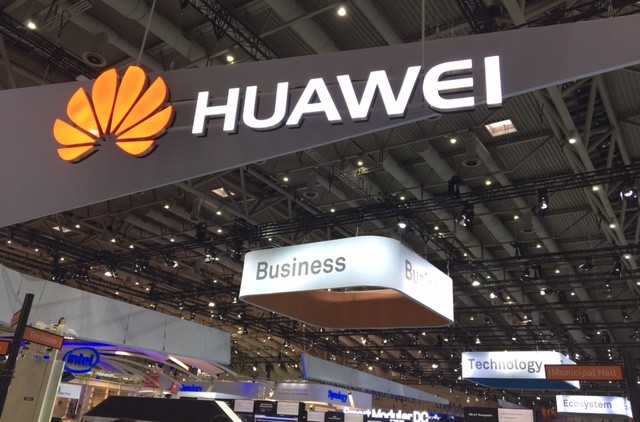

After announcing plans to become a major cloud player earlier thuis year, Huawei has delivered an update on its progress at the Huawei Connect 2017 conference in Shanghai, promising to deliver services worldwide both directly and via partners.
Huawei announced its cloud strategy at last year’s Connect event and discussed it further at an April analyst conference in Shenzhen, where the company is based.
For Connect 2017 Huawei promised to focus on the practical implementation of its cloud plans, which it said centre on providing technology and services rather than trying to analyse customers’ data itself.
“We predict there will be five major clouds in the world,” said Huawei rotating chief executive Guo Ping at the event keynote. “Huawei will work with our partners to build one of those five clouds, and we’ve got the technology and know-how to do it.”
Those investments include developing technologies in fields such as big data and artificial intelligence that can be deployed by customers, Huawei said. At IFA 2017 this week the company announced a chipset tuned for AI processing chores, which it plans to build into its smartphones to complement cloud-based AI and big data.
Huawei said the fact that it provides everything from chipsets to services means it’s in a better position to secure customers’ data and applicaitons than smaller firms, and it said that a major, diversified company it’s well positioned to work with large organisations and governments.
The firm said 12 automobile companies, including Volkswagen and Mercedes-Benz, as well as Philips, the Commercial and Industrial Bank of China (ICBC) and several government service platforms have chosen to use Huawei Cloud and cloud services offered via Huawei partners.
Telco partners featured at the event included BT, Deutsche Telekom, Orange and Telefónica.
Huawei announced a cloud offering called Enterprise Intelligence that it said provides artificial intelligence suitable for complex applications including supply chain, manufacturing and management systems for large and medium-sized businesses.
The deal gives Huawei additional technologies to offer on its platform while giving Microsoft a way to access the Chinese market.
In April Huawei said its cloud plans involved recruiting an extra 2,000 people and spinning off a separate cloud business unit to add to the company’s existing Carrier, Consumer (devices) and Enterprise groups.
How well do you know the cloud? Try our quiz!
OpenAI chief operating officer Brad Lightcap to oversee international expansion as company consolidates lead in…
Chinese researchers publish details on device that could wreak havoc on undersea communications cables in…
Former Intel chief Gelsinger expands role at Gloo, becoming executive chairman and head of technology…
MEPs add to Commission pressure for second EU Chips Act amidst industry calls for renewed…
Smartphone maker Xiaomi reportedly raises about $5.5bn in Hong Kong share sale as it invests…
BYD's Qin L EV sedan starts at about half the price of Tesla's Model 3,…